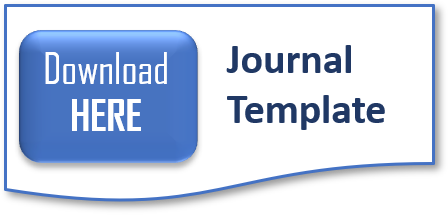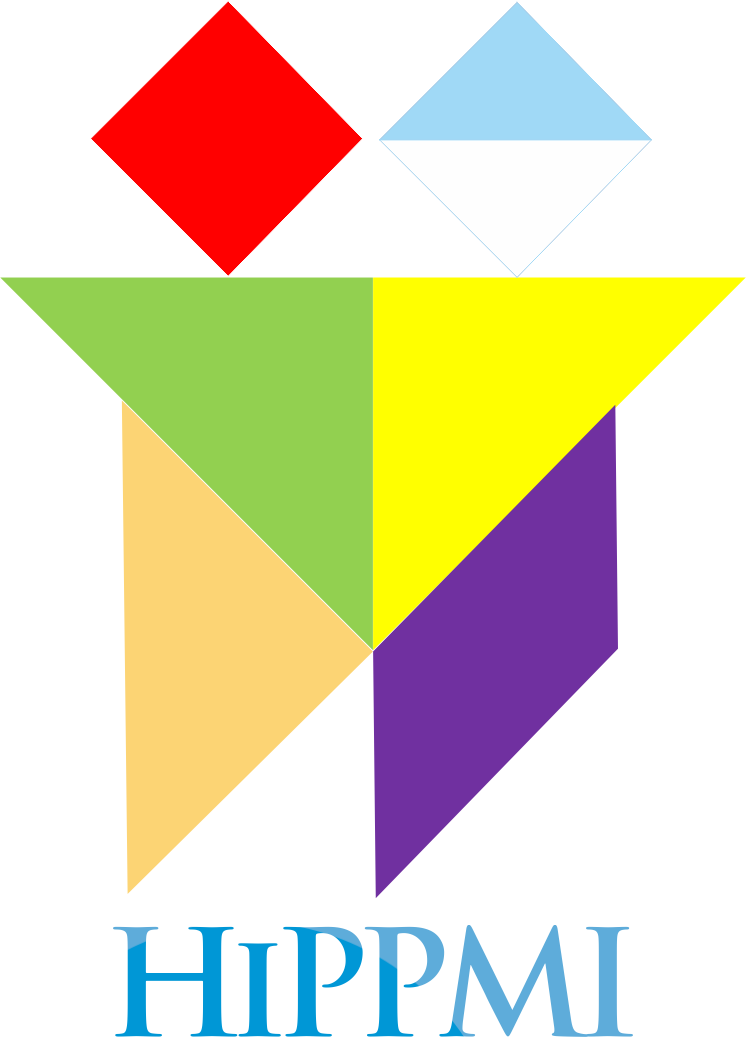PENERAPAN MODEL QUANTUM LEARNING UNTUK MENINGKATKAN KEMAMPUAN PEMAHAMAN MATEMATIS SISWA SMP KELAS VIII
Abstract
Keywords
Full Text:
PDFReferences
Arikunto, Suharsimi. 2010. Prosedur Penelitian Suatu Pendekatan Praktik. Jakarta: Rineka Cipta.
Depdiknas. 2006. Kurikulum Tingkat satuan Pendidikan (KTSP) untuk Sekolah Menengah Pertama/MTs. Jakarta: Terbitan Depdiknas.
DePorter, B. 2010. Quantum Learning: Membiasakan Belajar Nyaman dan Menyenangkan.(terjemahan Alwiyah Abdurrahman). Bandung: Kaifa.
Deporter, B. 2014. Quantum Teaching: Mempraktikkan Quantum Learning di Ruang-Ruang Kelas (Penerjemah, Ary). Bandung : Kaifa.
Fatimah, A., Rahman, U., & Prasasti, A. I. (2018). Memahami Konsep Matematika dengan Quantum Learning dan Quantum Teaching. PUSAKA, 6(2), 211-218.
Inayah, S. (2018). Peningkatan Kemampuan Pemecahan Masalah dan Representasi Multipel Matematis Dengan Menggunakan Model Pembelajaran Kuantum. Kalamatika: Jurnal Pendidikan Matematika, 3(1), 1-16. https://doi.org/10.22236/KALAMATIKA.vol3no1.2018pp1-16
Ruseffendi, E.T.. 2006. Pengantar kepada Membantu Guru Mengembangkan Kompetensinya dalam Pengajaran Matematika untuk Meningkatkan CBSA. Bandung: Tarsito.
Septian, Ari. 2014. Penelitian Pendidikan Matematika (Penelitian Eksperimen). Cianjur. Tidak diterbitkan.
Sudarman, S. W., & Vahlia, I. (2016). Efektifitas penggunaan metode pembelajaran quantum learning terhadap kemampuan pemahaman konsep matematis mahasiswa. Al-Jabar: Jurnal Pendidikan Matematika, 7(2), 275-282.
Sugiyono. 2013. Statistika Untuk Penelitian. Bandung. Alfabeta.
DOI: https://doi.org/10.17509/sigmadidaktika.v9i2.51537
Refbacks
- There are currently no refbacks.
e-ISSN: 2987-3894
p-ISSN: 2252-7435
This work is licensed under a Creative Commons Attribution-ShareAlike 4.0 International License.









